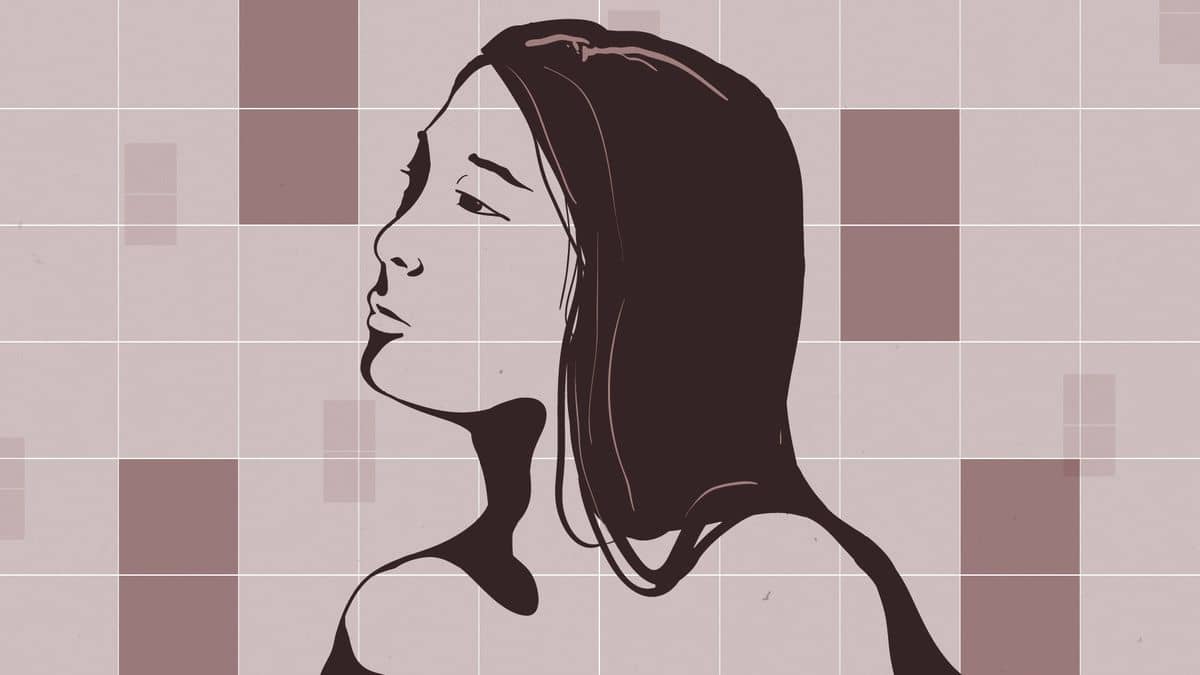The Stigma of Mental Health Among AAPI
By Meagan Lee, Asian American Connections
Asian Americans are three times less likely to seek mental health services than other Americans. This staggering statistic is dangerous to many suffering from mental health illnesses as treatment is often crucial. There are several common sources and outlets of mental illnesses studied among Asian Americans. These include parental pressure to succeed in academics, in addition to the stigma of mental health and how it is seen as taboo to discuss concerns in many Asian American households, and pressures to live up to the “model minority”. There are several factors which tie into the stigma of mental health, particularly in the Asian American population.
With the many convenient resources easily obtained in the US, many do not take advantage of these assets. But, why are Asian Americans so greatly affected by mental illnesses? Many Asian American parents apply sustancial pressure onto their own children expecting them to succeed academically while committing to many extracurriculars. However, not being able to meet their parents’ expectations could lead to physical and emotional violence. In addition, the constant stigma of mental health in today’s society added onto the taboo views of discussing concerns in many Asian American households result in individuals tending to dismiss, deny, and even neglect their own symptoms. On account of this, Asian Americans are expected to live up to the “model minority” which is a stereotype that inaccurately portrays Asian Americans as smoothly amalgamating into mainstream culture and having overcome the challenges of racial disparity. Living up to this pressure in addition to the pressures that have already been applied by parents greatly impacts one’s mental health. Additionally, there are many family obligations based on strong traditional and cultural values that are typically the root causes of targeting Asian Americans. Much of the discrimination prepetuated are due to racial and cultural differences in background. These commonly lead to an Asian American experiencing difficulty in balancing two different cultures and developing a bicultural sense of self. While being born in America and being an American citizen, skin tone and the Asian identity of oneself cannot be changed.
Most cases of mental illnesses and disorders encourage or require treatment to benefit oneself. Although widely available, it is often difficult for many Asian Americans to access mental health services. There is a lack of resources and services available, as well as the stigma surrounding mental health in the Asian American community which often sets individuals back from seeking professional assistance. In addition, most young Asian Americans tend to seek out help through personal networks such as close friends and family, and religious members within their own community over seeking out for professionals. Many Asian Americans have also struggled to obtain health care and insurance. Furthermore, language barriers contribute to this challenge. According to a research done by Spencer and colleagues (2010), results suggested a need for increased bilingual services and collaborations formed between services and community resources.
In conclusion, there are many resources for Asian American and Pacific Islander communities suffering from mental health, or if you would just like to be informed and educated about mental illnesses. The list below is compiled by Mental Health America.
- Asian American Psychological Association (AAPA): dedicated to advancing the mental health and wellbeing of Asian American communities through research, professional practice, education, and policy.
- Fact Sheets
- Bullying Awareness Campaign
- LGBTQ+ Resources
- Asian and Pacific Islander American Health Forum: focused on improving the health of Asian Americans, Native Hawaiians, and Pacific Islanders.
- Community Care Package: COVID-focused weekly digital “community care package” includes inspirational stories, resources in a variety of languages, tools for adjusting and managing mental health, and platforms to share your story/connect with others.
- Asian American Health Initiative: Part of the Montgomery County Dept. of Health & Human Services, but they have a lot of Asian American resources.
- Online Photo Novels
- National Asian American Pacific Islander Mental Health Association
- Directory of Mental Health Service Providers for Asian Americans, Native Hawaiians, and Pacific Islanders (by state)
- COVID-19 Resources
- Combating Racism Resources
- southasiantherapists.org: Directory of South Asian therapists, including therapists of Indian, Pakistani, Bangladeshi, Sri Lankan, Afghanistan, and Nepali heritage.
- Asian Mental Health Collective: Raises awareness about the importance of mental health care, promotes emotional well-being, and challenges the stigma concerning mental illness amongst Asian communities globally.
- Asians for Mental Health Directory
- Asian Americans with Disabilities Resource Guide
Bibliography
Mental Health Among Asian-Americans, American Psychological Association,
https://www.apa.org/pi/oema/resources/ethnicity-health/asian-american/article-mental-health
Asian American / Pacific Islander Communities and Mental Health, Mental Health America,
https://www.mhanational.org/issues/asian-american-pacific-islander-communities-and-mental- health
Spencer, M., Chen, J., Gee, G., Fabian, C., Takeuchi, D. (2010). “Discrimination and Mental Health-Related Service Use in a National Study of Asian Americans.” American Journal of Public Health, 100(12), 2410-2417.
About The Author: Meagan was an Intern at AAC from February to August 2022. She held the position of AAC Coordinator and had recruited many of the AAC Youth members. Meagan stepped down from her position at the end of August 2022 to focus on her academics but it’s still an active member of AAC Youth. You can find the details of her bio here.
